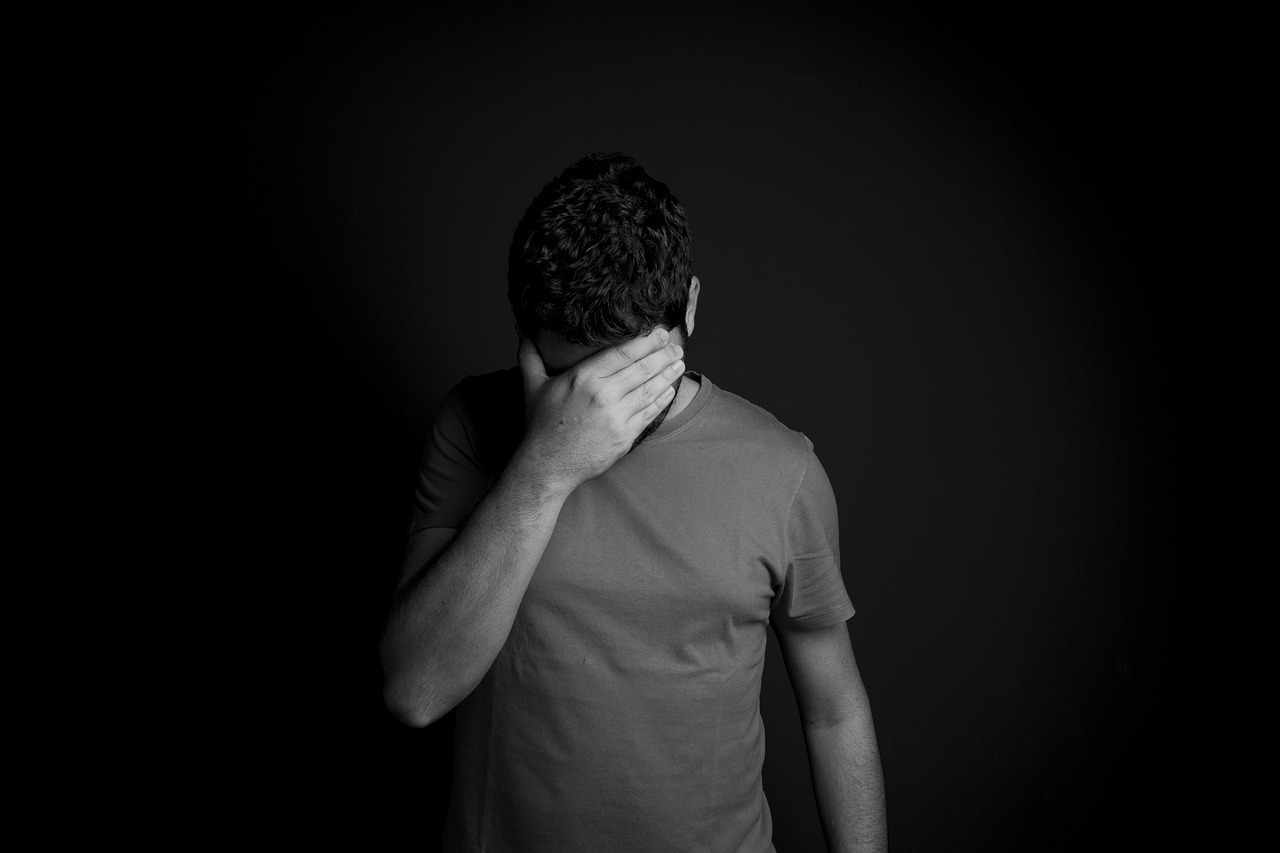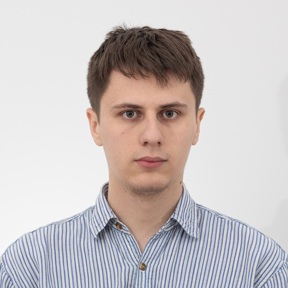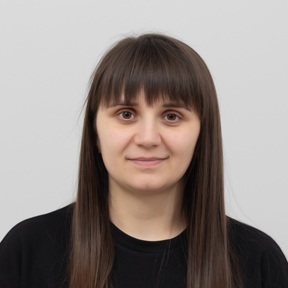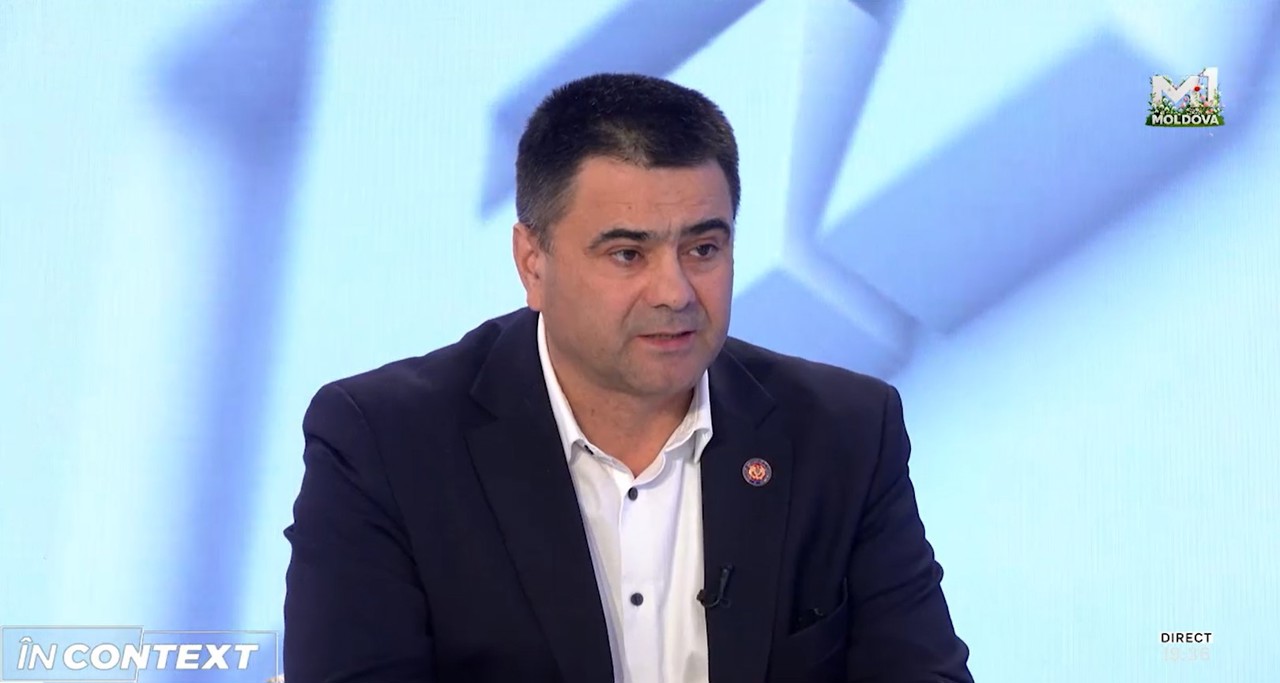Moldova: rising mental health issues in young adults
An increasing number of individuals aged 25 to 55 are seeking help at community mental health centers, experiencing depression, anxiety, and post-traumatic stress disorder.

Specialists do not initially recommend medication, but it becomes absolutely necessary in severe cases. Statistical data also shows that Moldovans are increasingly using antidepressants. Last year alone, the country imported nearly 400,000 units, 50,000 more than in 2022, according to data from the Medicines and Medical Devices Agency provided to Teleradio-Moldova.
Visits to the Community Mental Health Center have become more frequent in the past 2-3 years, primarily due to depression, anxiety, restlessness, and post-traumatic stress disorder. Family problems, difficulties in social life, and psychological overload resulting from professional and educational environments are also significant reasons for citizens to seek assistance, said Cristina Pavalache, head of the Community Mental Health Center in the Center district of the capital, to Radio Moldova. Most of those seeking assistance are young people, she added.
For instance, they face excessive demands at work. Their sleep-wake cycle is disrupted, leading to fatigue and burnout, which in turn causes irritability and reduced work performance. Sleep disturbances also occur. As a result of this continuous state, lasting more than two to three weeks, or even months, they are compelled to consult their family physician and specialists at the Community Mental Health Center.
Individuals experiencing depressive symptoms can first seek help from their family physician, who will conduct an initial assessment and, in mild to moderate cases, may prescribe antidepressant medication. Simultaneously, patients have the option to directly contact a specialist. In this situation, the initial step involves a consultation with a psychiatrist, followed by a psychological evaluation, Cristina Pavalache stated.
If they directly consult specialists, even with a milder condition, during an initial episode, a consultation with a psychiatrist is performed, followed by an assessment with a psychologist. The complaints and current state are analyzed according to tests. If medication is necessary, it is prescribed. If only psychological therapy is needed, it is conducted solely with the psychologist.
People we spoke with on the street shared how they cope with depressive symptoms. They indicated they only seek help from a psychotherapist in severe crisis situations.
Spending time with loved ones, with the entire family, helps, as does consistently engaging in enjoyable activities.
We must always maintain composure and persevere through challenges. God grants us patience and strength to endure. Only with positive thoughts.
I strive to calm myself and frequently take walks.
Prioritize basic needs, such as sleep, diet, and exercise, and if symptoms persist, then consult a psychotherapist.
There are individuals who may require a psychotherapist. I, thus far, thank God that everything is well psychologically.
Major depressive disorder and persistent depressive disorder typically manifest around the age of 30. However, they are more prevalent in older adults with comorbidities. In the Republic of Moldova, four types of antidepressants are compensated: Sertraline, Escitalopram, Paroxetine, and Amitriptyline, according to the Medicines and Medical Devices Agency. Prescribing antidepressant treatment is the responsibility of the psychiatrist. Antidepressants are dispensed only with a prescription.
For mild depression, with recent onset, specialists recommend psychotherapy as the first-line treatment, rather than antidepressants.
Translation by Iurie Tataru




